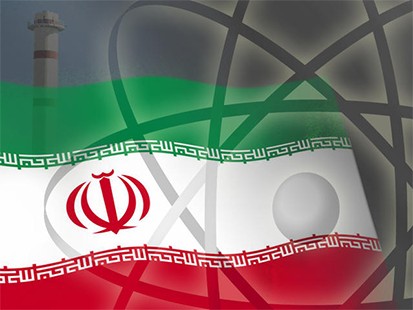
It has urged world leaders to agree to their deal. But the proposal, brokered by Brazil and Turkey a week ago, was followed by a US announcement of a “strong draft” emerging on new sanctions on Iran.
So the plan appears unlikely to deter the US and its allies who believe Iran is trying to obtain a nuclear weapon.
The deal, brokered by Brazil, would see Iran hand over 1,200 kg of low-enriched nuclear material in Turkey.
They would then receive fuel rods for a research reactor in return. The deal is similar to one offered by the US, the UK, France and Germany last year.
But the BBC’s Bethany Bell in Vienna says the proposal does not address the demands of the UN Security Council that Iran should freeze its enrichment work.
Some Western governments have long suspected that Iran’s nuclear programme is aimed at making weapons – a charge Tehran denies.
When the first deal was offered, it was thought that Iran’s ability to create the highly-enriched material necessary for a nuclear weapon could be limited if most of its low-enriched material were taken out of the country and replaced with already-processed reactor fuel.
But it has been reported that the US and its allies believe Iran has continued to enrich uranium since the deal was first offered in October, and that they may still have enough to make a nuclear warhead after the agreed amount was sent to Turkey for safekeeping.
Brazil and Turkey, who are currently on the Security Council, have urged fellow council members to heed a deal they struck with Iran over its nuclear programme on 17 May. So far China and Russia have resisted further sanctions on Iran.
The text of the sanctions has been circulated to all 15 members of the Security Council, who will address it later in June.
The new sanction measures put before the UN propose cargo ship inspections and new banking controls.